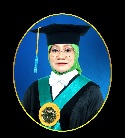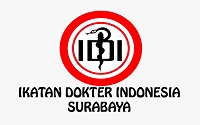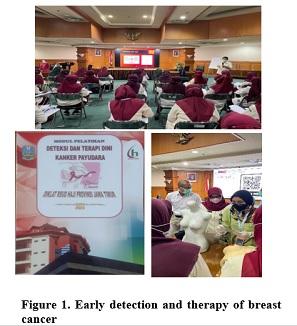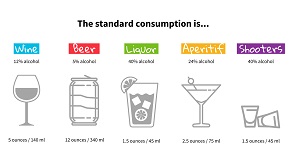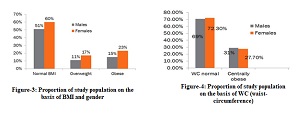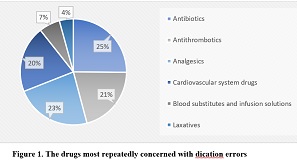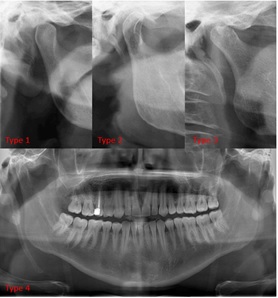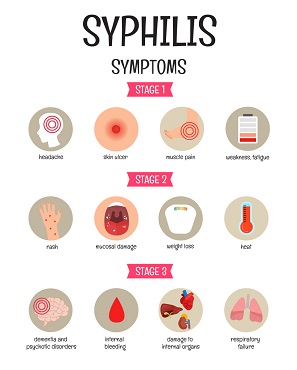A QUALITATIVE STUDY OF THE KNOWLEDGE OF INFORMAL CAREGIVERS OF CHILDREN WITH HIV/AIDS ON ANTIRETROVIRAL THERAPY ADHERENCE
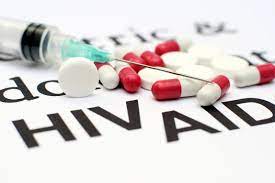
Downloads
The burden faced by informal caregivers in caring for a child diagnosed with HIV/AIDS, and placed on Antiretroviral Therapy (ART) is high due to the nature of the child's dependence on the caregiver for fulfilling the child's necessary needs. Evidence linking knowledge to the likelihood of performing the desired action exists. It is therefore crucial to explore caregivers' knowledge of ART, and how that influences their children's adherence to ART. The sought to explore the knowledge of informal caregivers on adherence to ART among their children with HIV/AIDS who received care at St. Joseph's Hospital, Jirapa, Ghana. A qualitative phenomenology design was used. Data were collected from 13 purposively chosen caregivers of children with HIV/AIDS on ART at a hospital, using a semi-structured in-depth interview guide. A reflexive thematic analysis approach was used for data analysis. Informal caregivers were knowledgeable in the regularity of visits to the HIV Testing and Counselling (HTC) Centre for ARTs, identifying ARTs, ARTs administration, ARTs side effects identification, HIV transmission, and the nutritional restrictions for ARTs. A few, however, had misconceptions about HIV transmission. Informal caregivers still need education in the area of HIV transmission. The findings will guide nurses to focus on areas of education for informal caregivers to improve upon their knowledge of ART and to ensure increased adherence among children living with HIV/AIDS under their care.
Copyright (c) 2022 Wahab Osman

This work is licensed under a Creative Commons Attribution-ShareAlike 4.0 International License.
- The journal allows the author to hold the copyright of the article without restrictions.
- The journal allows the author(s) to retain publishing rights without restrictions.
- The legal formal aspect of journal publication accessibility refers to Creative Commons Attribution Share-Alike (CC BY-SA).
- The Creative Commons Attribution Share-Alike (CC BY-SA) license allows re-distribution and re-use of a licensed work on the conditions that the creator is appropriately credited and that any derivative work is made available under "the same, similar or a compatible license”. Other than the conditions mentioned above, the editorial board is not responsible for copyright violation.


